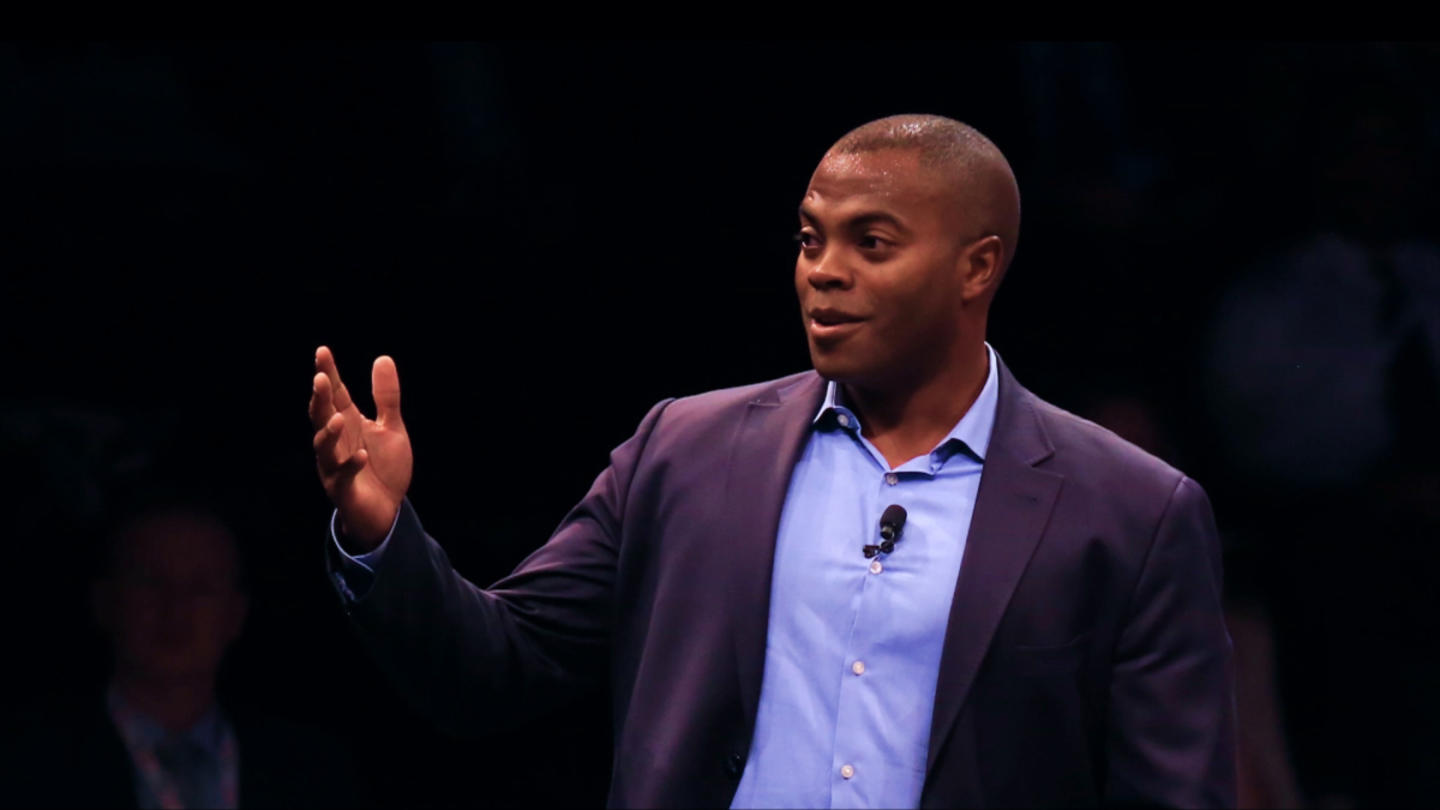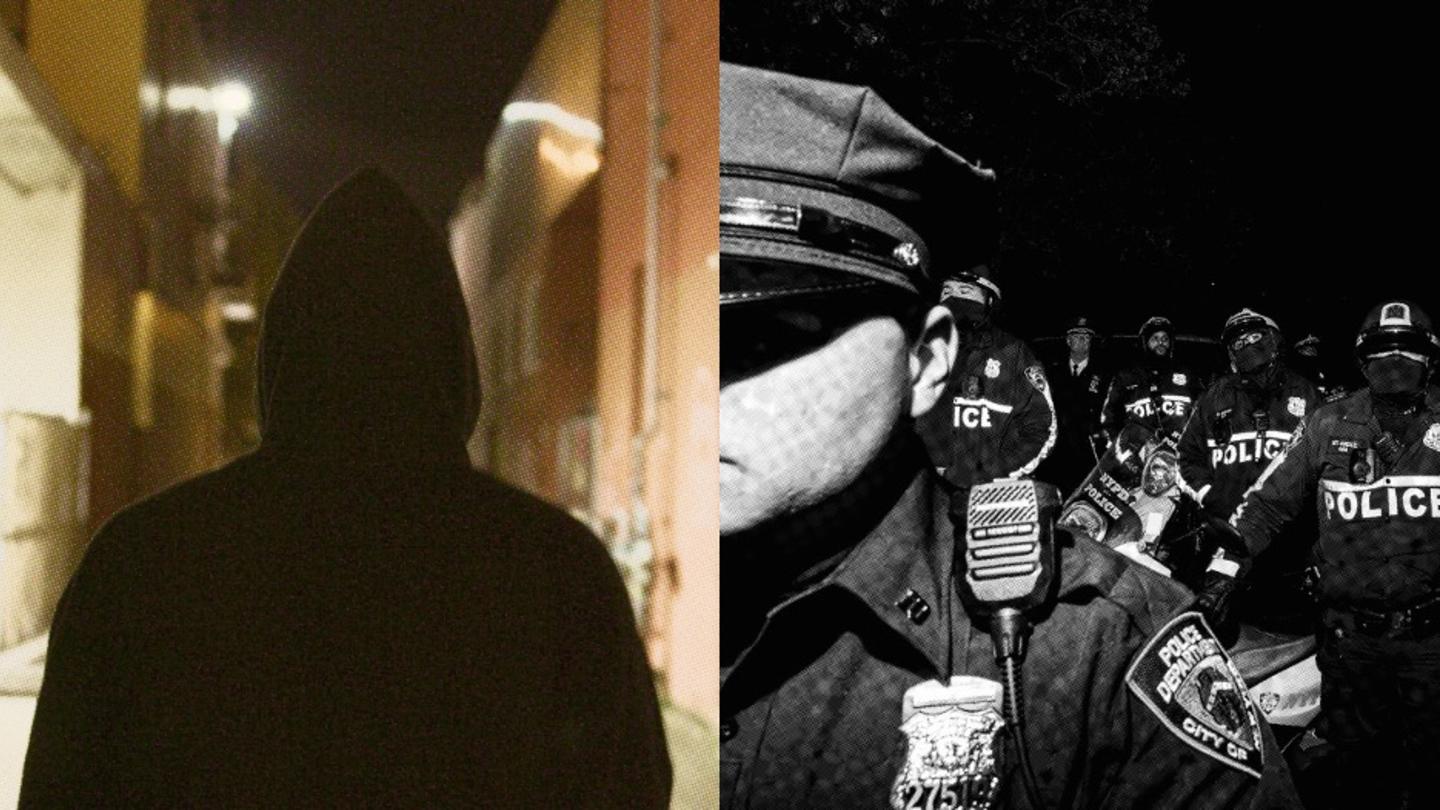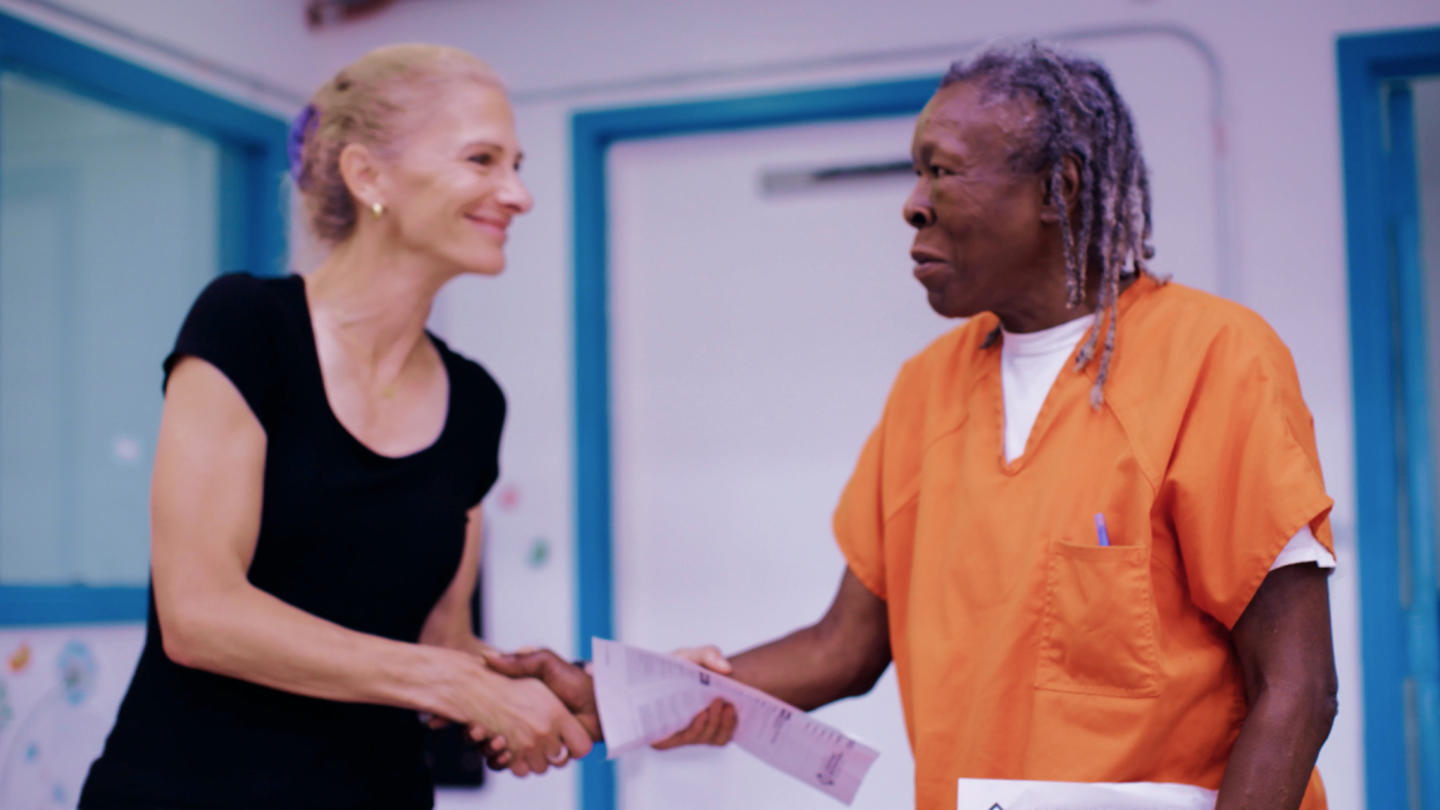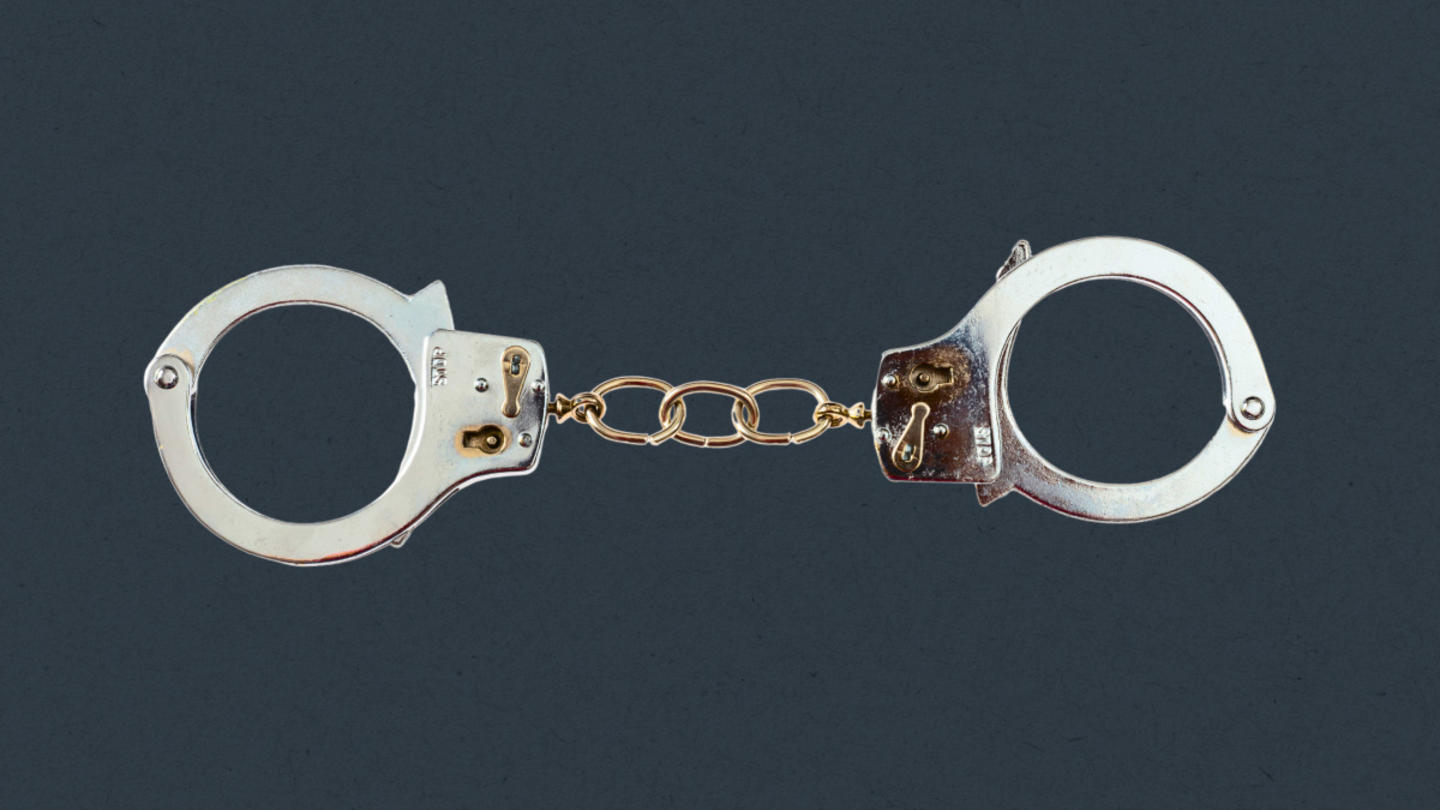Police officers have a new tool to strengthen public safety – one that's unlike anything they've ever used before.
That's thanks to Andre McGregor. Over the past 20 years, he's been an FBI Cyber Special Agent, a Goldman Sachs engineer, a firefighter, and an EMT. But his latest career move may be his most impactful yet: using data to help keep police officers and citizens safer, improving police-community relations in the process.
After leaving Goldman Sachs, McGregor joined the FBI as a cyber special agent. He was surprised by how much data police departments collect but don't use. He wanted to apply a "Moneyball-style" approach to public safety data.
So he hired engineers from the Chicago Cubs to create ForceMetrics. The same engineers went on police ride-alongs to understand the pain points officers face.
The biggest lesson? Officers have trouble collecting information when arriving on the scene, which is when they need it most.
Bad technology can harm police-community relations
Police officers often need to make split-second decisions with little to no information. They need to be able to quickly access relevant information on community members during a traffic stop or a call in order to gauge the level of threat they may be walking into.
Unfortunately, most police technology is outdated. Information from previous 911 calls and law enforcement interactions is often stored across multiple databases. In order to pull relevant data, dispatchers often have to search 10 or more systems during a 911 call, wasting valuable time and leaving room for error. And when these individual databases are slow, or outdated (as many are), officers find themselves largely flying blind into whatever situation they're encountering.
A car stop, for example, can take 10 to 40 minutes. The longer it takes to gather information like previous interactions and warrant checks, the more likely tensions will escalate. "There's no place in this world where staying on-scene gets better as it goes on," says McGregor.
Knowing relevant information can greatly change the outcomes of police-community interactions. Someone who recoils from touch could be autistic, yet officers might translate their actions as resisting arrest and act accordingly if they do not have this information. "Bad technology can harm police-community relations," McGregor says.
Knowing when someone is experiencing poverty or has a history of mental health challenges creates empathy. McGregor learned this lesson while working in emergency services and thought that technology that lets police officers understand people could de-escalate challenging situations that could quickly escalate into broader conflicts.
Better technology creates better police-community relations
McGregor spoke with three dozen police chiefs about this problem. "I realized data was the thing I wasn't hearing [about] in the conversations around better policing."
With this in mind, McGregor founded ForceMetrics, an innovative platform designed to give police officers, dispatchers, and co-responders reliable information, such as a quick snapshot of prior police contact (if any) or if they have been the victim of domestic violence, quickly and accurately. The benefits to officers – and public safety – are already becoming apparent.
ForceMetrics collects and sorts data quickly and efficiently. The tech is like a ranked order Google search that pulls from existing police systems, so departments don't need to reinvent the wheel. An intuitive, color-coded interface makes it simple to use.
"We have the ability to take what would normally take six hours and make it two minutes," says McGregor.
All information is pulled from public records. Color-coded labels highlight medical conditions, struggles with mental health, and gun violence incidents, among other categories. The most pertinent info appears first so officers are quickly empowered to understand the situation at hand.
"ForceMetrics tells a story in a way that a person isn't just a dot on a map," says McGregor. "It tells the social story of the person, which is just as important."
Improving police-community relations across the country
Meeting citizens where they are could restore police-community trust. Just over half of Americans have some confidence in the police, while only 26% hold a great deal of confidence.
"We want to provide enough information so that officers can rethink how they interact," McGregor says. "If they see 'autism,' now they're thinking, 'Is this person processing what I'm saying?' It creates a momentary pause of safety."
There's a lot of work ahead. Nearly all of the nation's 18,000 police departments run on outdated systems. But ForceMetrics can easily integrate with these systems. Currently in use in five cities in three states, it will be in another five cities in the next two months.
So far, it's proving to be a valuable tool for strengthening public safety. The Greensboro Police Department in North Carolina, for example, used ForceMetrics' platform to identify a robbery suspect in less than 60 minutes with the input "camo mask." They also identified a homicide victim in five minutes by searching license plate tags, and found a robbery suspect with only their first name.
ForceMetrics isn't only for police officers. Social workers, dispatchers, and behavioral health co-responders need the best available data as well.
McGregor thought deeply about the relationships between co-responders and police departments when creating ForceMetrics, having had experience serving in a New Jersey fire department. He wanted to create a technology that addresses everyone's safety, which means making sure the right person gets sent to the scene.
A caseworker trained in relationship dynamics might be a better representative to field a domestic call, for example, than a police officer. If a police officer arrives at a situation they're not trained for, tensions could quickly escalate. ForceMetrics reduces the burden on police officers as the de facto first responder to every emergency call by providing accessible data that allows dispatchers to quickly and easily determine who the best responder is in a certain scenario.
Improving police-community relations: A tool for every facet of public safety
Police officers protect their communities. They benefit from knowing as much information as is publicly available about the people they encounter.
That includes tracing escalations in both actions and rhetoric in previous encounters with the police, letting officers know whether someone might be a more likely threat to themselves or others.
"There are very few situations where anyone goes from zero to shooting people," says McGregor. "All of these situations escalate. When Forcemetrics provides data on the community side, police officers feel safer with certain interactions, and more prepared for others."
"We made a tool that essentially works for every facet of public safety," says McGregor.
ForceMetrics is supported by Stand Together Ventures Lab, which invests in and supports founders and their early-stage start-ups that are challenging the status quo.
Learn more about Stand Together's criminal justice efforts.




